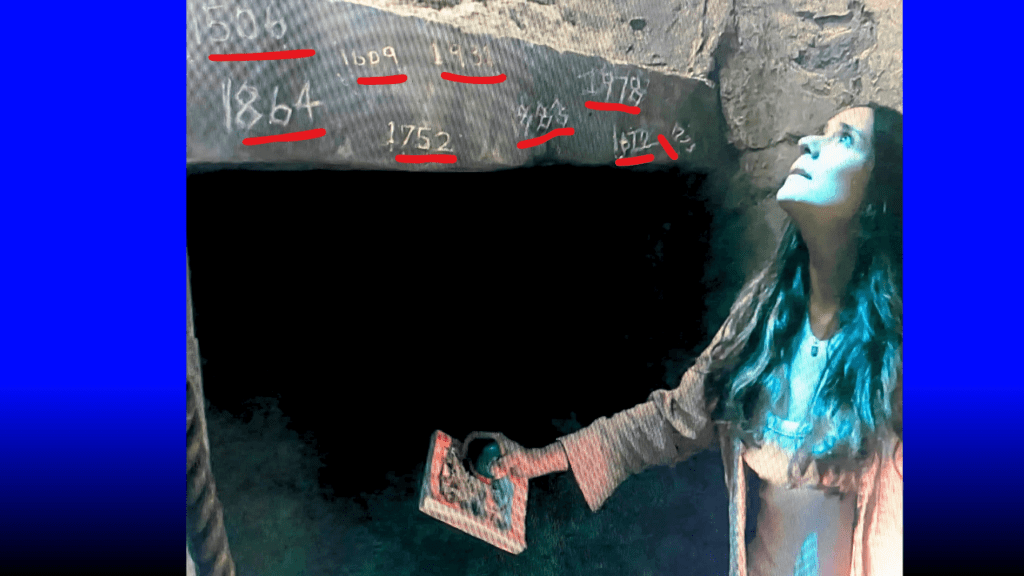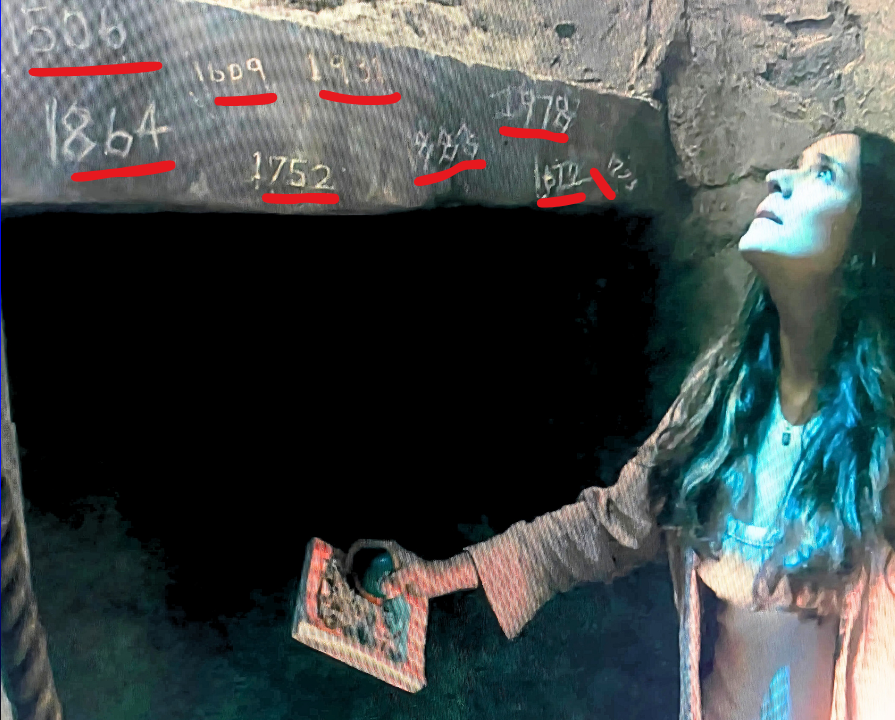In From Season 3, Episode 6, we witness Jade diving deep into the cryptic dates and events connected to Fromville, a place brimming with secrets, unexplained occurrences, and strange historical references. For fans seeking answers, it’s time to examine these dates in context and explore if they may hold the keys to Fromville’s mysteries.
The Framework of Historical Connections

1. 1506: A Forgotten World?
The year Christopher Columbus passed away—known for “discovering” new lands. In Fromville, this could hint at the town itself being an undiscovered or forgotten world, hidden from history. It suggests a place detached from our regular timeline, waiting to be revealed.
2. 1609: A Sanctuary for the Displaced?
This year marks two significant events: Galileo’s discovery that Earth isn’t the universe’s center and Spain’s edict to expel the Moors. In Fromville, these could symbolize the need for a new perspective, possibly for the characters’ understanding of reality. The town may be a refuge for those cast out or reveal a hidden truth yet unseen.
3. 1672: A Cycle of Chaos and Disaster?
1672 is remembered as the ‘Disaster Year’ in Dutch history, marked by invasions and upheaval. Could Fromville be trapped in its own disaster cycle, where chaos is unavoidable, creating an atmosphere of constant danger and unrest?
4. 1752: Outside of Normal Time?
In 1752, Britain adopted the Gregorian calendar, skipping 11 days. This may parallel Fromville’s disorienting effect on time, making the characters feel lost or as if time itself is warped. It raises the possibility that Fromville operates beyond typical time constraints.
5. 1773/1793: A Place of Rebellion or Fear?
1773 saw the Boston Tea Party, an act of rebellion, while 1793 marked the French Revolution’s Reign of Terror. Is Fromville a place of rebellion or one ruled by fear? This duality suggests either a resistance brewing within its boundaries or a powerful force driving the community’s terror and compliance.
6. 1864: Clinging to Past Conflicts?
Boyd finds a bottle with “1864” near the second faraway tree, linking Fromville to unresolved historical tensions. This year hints at a place unwilling to let go of past conflicts, with echoes of sorrow and unresolved memories surfacing repeatedly. Many characters, like Tabitha, Jade, and Victor, experience visions tied to their pasts, suggesting the town is haunted by its own history.
7. 1883: A Prelude to Disaster?
The Krakatoa eruption of 1883 brought global change and devastation. Fromville might echo this sense of a past disaster or even foreshadow a looming one. The town’s isolated nature and atmosphere of dread might suggest an impending catastrophe.
8. 1931: A Place of Desperation?
In the midst of the Great Depression, people worldwide suffered from loss, poverty, and despair—emotions that define Fromville. Characters often display a desperate struggle to survive, echoing the global feeling of despair that haunted 1931.
9. 1978: A Community Bound by Control?
The Jonestown Massacre of 1978—where hundreds perished under a cult leader’s influence—hints at a controlled and possibly manipulated community. In Fromville, people might be connected not by choice but by unseen forces, mirroring Jonestown’s dark communal bond.
Conclusion: Are These Dates Clues or Red Herrings?
These historical dates could be clues, or they might serve to throw us off, adding layers to Fromville’s enigma. By framing the show’s mysteries in historical events, From teases a deeper meaning. Is Fromville simply a town outside of time, a sanctuary for the cast-offs of history, or an embodiment of human despair and rebellion? Only time—and maybe a few more dates—will tell.
